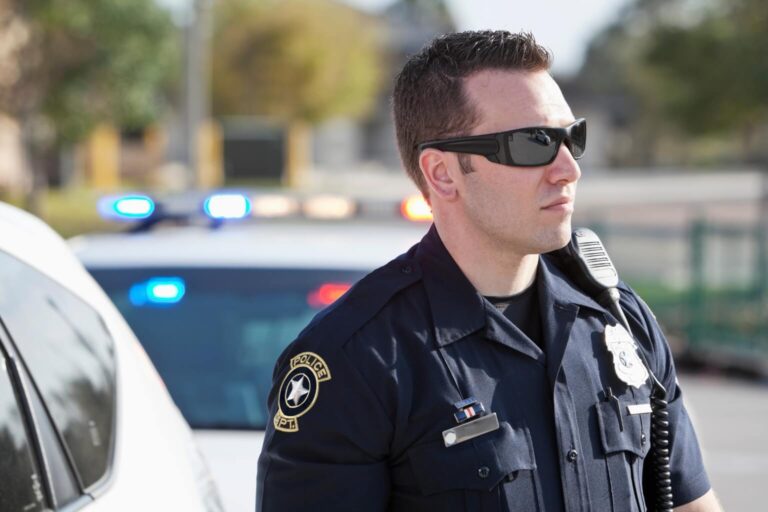Why Are Police Called 5-0? Exploring the Origins and Impact

The term “5-0” is a well-known slang for police officers, but many people wonder about its origins and significance. This article dives deep into the history, media influence, and cultural context behind the term. By the end, you’ll have a comprehensive understanding of why police are called “5-0.”
The Origin of the Term “5-0”
Hawaii Five-O Television Series
The most direct origin of the term “5-0” comes from the television series Hawaii Five-O, which aired from 1968 to 1980. The show featured a special state police unit in Hawaii, and the title referenced Hawaii being the 50th state to join the United States. The term “Five-O” quickly became synonymous with the police due to the show’s popularity.
Although the show was set in Hawaii, the term “5-0” spread across the mainland United States and became a widely recognized slang for police officers. This happened because the show was a massive hit and had a significant cultural impact during its run and in reruns over the years.
Misconceptions and Popularization
While Hawaii Five-O popularized the term, it’s important to note that real Hawaiian police officers do not use “5-0” as an official designation. The term became popular among fans and, over time, was adopted by the general public as a nickname for law enforcement officers across the country.
This widespread adoption can be attributed to the show’s portrayal of the police force as competent and heroic, which resonated with viewers and helped embed the term in American vernacular.
Media Influence on the Term “5-0”
Television and Movies
The influence of television and movies on the popularity of the term “5-0” cannot be overstated. Police procedurals and action films have frequently used this slang to create a sense of authenticity and connection with the audience. For instance, shows like Blue Bloods and movies featuring law enforcement characters often use real police jargon, which includes “5-0.”
These portrayals help reinforce the term’s association with the police and ensure its continued use in popular culture. The glamorization and dramatization of police work in these media forms play a significant role in shaping public perception and language.
Pop Culture and Music
Beyond television and movies, the term “5-0” has also found its way into music and other forms of pop culture. Many hip-hop and rap artists reference “5-0” in their lyrics to signify the police, further embedding the term in everyday language. These references often carry different connotations, sometimes depicting the police as adversaries or symbols of authority.
This widespread use in music helps perpetuate the term among younger generations, ensuring that it remains a part of the cultural lexicon.
Law Enforcement Jargon and Slang
Common Police Slang Terms
The term “5-0” is just one of many slang terms used to refer to police officers. Other popular slang terms include:
- The fuzz: This term originated in the 1920s and was popular in the 1960s and 1970s.
- Po-po: A more recent term that has gained popularity in urban areas.
- Coppers: An older term that dates back to the early 20th century.
Each of these terms has its own history and cultural significance, reflecting different periods and aspects of law enforcement.
Regional Variations in Police Terminology
Different regions of the United States, and indeed the world, have their own unique slang terms for police. For instance:
- In the UK, police officers are often referred to as “bobbies,” a term derived from Sir Robert Peel, who founded the Metropolitan Police Service.
- In Canada, the Royal Canadian Mounted Police are known as “Mounties.”
- In Vietnam, police officers might be referred to as “Pikachu,” highlighting the global diversity in police nicknames.
These regional variations add a layer of cultural richness to the way we refer to law enforcement and reflect local histories and traditions.
Social Impact and Perception
Public Perception of Police Nicknames
The term “5-0” carries different connotations for different people. For some, it is a harmless, even affectionate, nickname for the police. For others, particularly in communities with strained relationships with law enforcement, it can have negative connotations and reinforce a sense of opposition or mistrust.
Understanding these varying perceptions is important for grasping the social impact of such terms. The casual use of “5-0” in everyday language can either humanize police officers or contribute to the stereotype of them as enforcers rather than protectors.
Media’s Role in Shaping Perceptions
The media plays a crucial role in shaping how we perceive law enforcement. Shows like Hawaii Five-O and Blue Bloods portray police officers in a generally positive light, emphasizing their bravery and dedication. However, not all media portrayals are positive. Films and television series that highlight police corruption, brutality, or incompetence can significantly influence public attitudes.
This duality in media portrayals underscores the complex relationship between the public and law enforcement and how language and imagery can impact that dynamic.
Historical Context and Evolution
Evolution of Police Nicknames Over Time
The nicknames for police have evolved significantly over time. In the 19th century, detectives were often called “gumshoes” because they wore soft-soled shoes that allowed them to sneak around quietly. In the 20th century, terms like “the fuzz” and “Smokey” became popular.
These nicknames reflect the changing nature of police work and public perception. For instance, “Smokey” referred to state troopers who wore wide-brimmed hats reminiscent of Smokey the Bear. The term gained further popularity through the 1977 film Smokey and the Bandit.
Global Perspectives on Police Nicknames
The use of nicknames for police is not unique to the United States. Around the world, different cultures have developed their own terms for law enforcement:
- UK: “Bobbies” and “peelers” after Sir Robert Peel.
- Canada: “Mounties” for the Royal Canadian Mounted Police.
- China: “Tiaozi,” which translates to “jumpers,” possibly referencing the agility of the police.
These global perspectives highlight the universal nature of this phenomenon and provide a fascinating glimpse into how different cultures view their law enforcement agencies.
Conclusion
The term “5-0” for police officers has a fascinating and diverse background. It originated from the popular TV series Hawaii Five-O, which helped cement the term in American culture. Over the years, it has been reinforced through various media channels, including movies, music, and television shows. The widespread use of “5-0” highlights the powerful influence of media on our everyday language and perceptions.
The nickname carries different meanings for different people, reflecting the complex relationship between the public and law enforcement. This evolution of language showcases how our interactions with popular culture can shape the terms we use and how we view those who serve and protect our communities. As we continue to engage with these cultural references, we see the dynamic nature of language and its role in society.
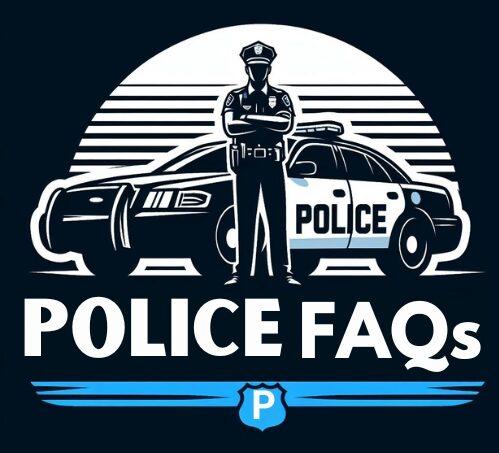
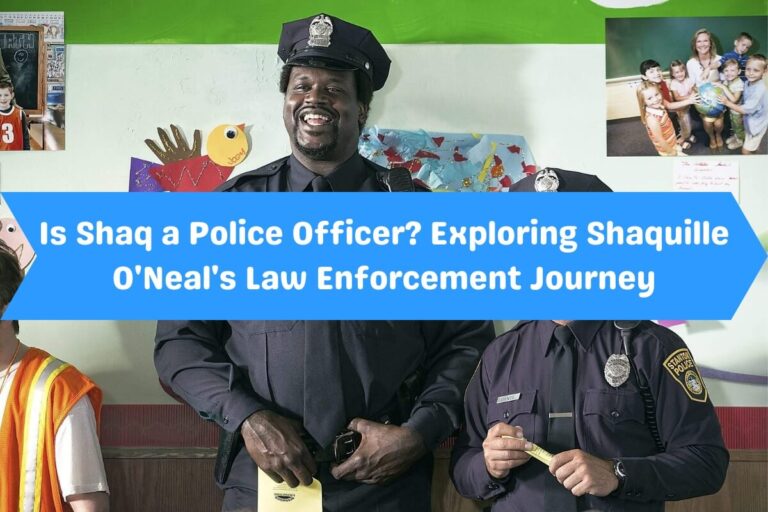
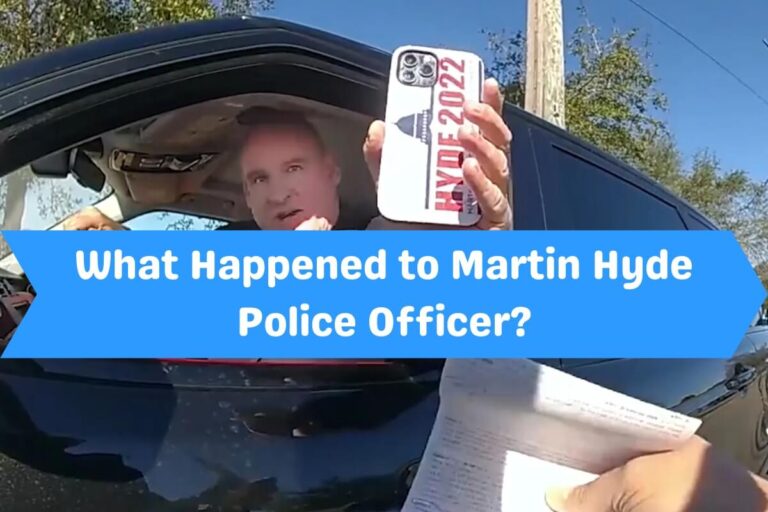
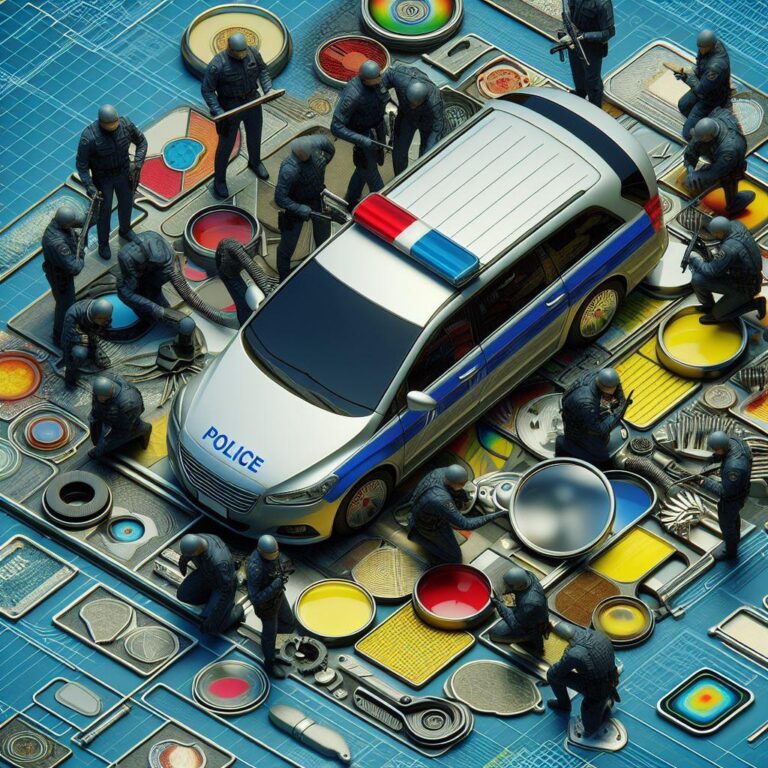
![Do You Need a Degree to Be a Police Officer? [Full Guide] 5 Do You Need a Degree to Be a Police Officer](https://policefaqs.com/wp-content/uploads/2024/07/do-you-need-a-degree-to-be-a-police-officer-768x434.jpg)
